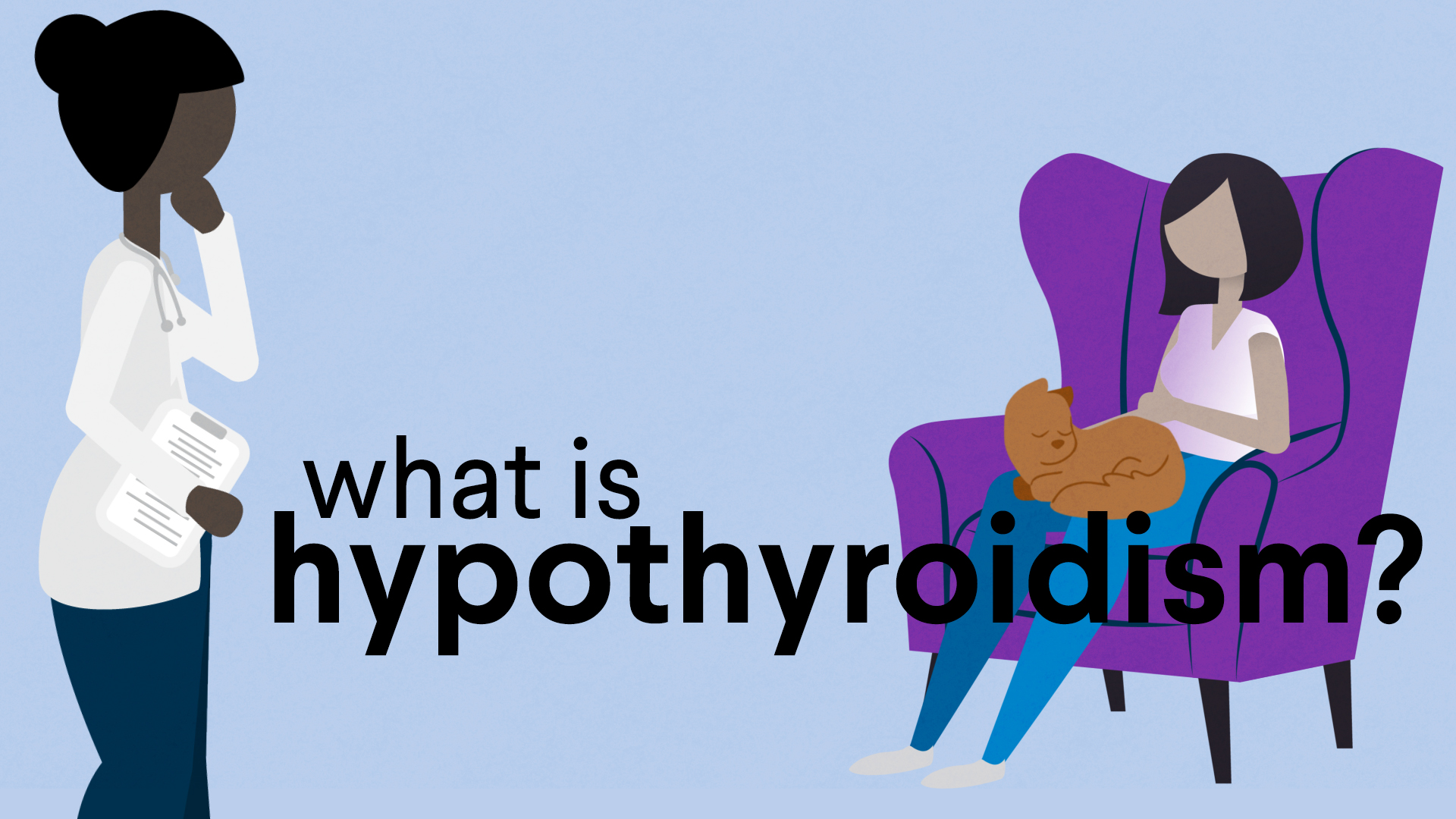


Max Lab
Sep 08, 2022
An integral part of the endocrine system in the human body is a butterfly-shaped gland known as the thyroid. Situated near the lower neck, the thyroid is entrusted with the responsibility of generating hormones in a balanced manner. In situations when there is a lack of hormones, an individual would be diagnosed with hypothyroidism. On the other hand, people with excessive secretion of hormones in their system can have hyperthyroidism. To fully understand the varying levels of hormones in the body, a series of tests are conducted which are called thyroid function tests. Depending on what are the symptoms of the thyroid, a person’s diagnosis is provided by a medical practitioner. Read on to know what is hypothyroidism, its types, signs, causes, and tests:
An underactive thyroid gland is what causes hypothyroidism among people. This is because it does not produce sufficient hormones in a person’s system. This medical condition is known to cause other issues in an individual’s body such as obesity, joint pain, infertility, etc. This is because an underactive thyroid gland slows down the metabolism. People who have hypothyroidism should go for diet consultations so that their body is able to absorb vital nutrients properly.
Hypothyroidism is also known as underactive thyroid disease because it restricts the thyroid gland to produce crucial hormones in the body. Mentioned below are 2 types of hypothyroidism:
Transient hypothyroidism presents itself at birth. What causes this type of hypothyroidism are the medications thyroid consumed by the mother or her antibodies. This is a temporary condition which eventually goes away on its own.
This type of hypothyroidism is also present at birth but it does not go away on its own. This is a congenital condition that can be dangerous if proper treatment is not provided to the newly born. Natal screening tests for congenital hypothyroidism can help detect this disease in time.
Figuring out what the symptoms of hypothyroidism are in the beginning can be difficult. This is because they start to exhibit in a slow and gradual way. Fatigue, constipation, numbness or tingling in the hands and unexplained weight gain are common indicators of hypothyroidism. Besides these signs, people who have higher than normal cholesterol levels, muscle weakness, decreased libido, brain fog, and dry skin can also have hypothyroidism. Foods rich in gluten should be avoided by people who have this medical condition. Soy-based products and cruciferous vegetables like cabbage, broccoli, etc., should also be consumed less. Other foods to avoid hypothyroidism include fried dishes and sugary treats.
Hypothyroidism is a disease in which the butterfly-shaped thyroid gland is unable to produce essential hormones, namely, triiodothyronine (T3) and thyroxin (T4) properly. This can be due to an underlying autoimmune condition known as Hashimoto's thyroiditis. Certain medications given to people with an overactive thyroid gland can end up weakening its functionality altogether. Individuals who have thyroid gland surgery in which a large portion is removed can also get hypothyroidism later on. Head and neck cancer patients who get radiation therapy are also susceptible to hypothyroidism. Since they are at a higher risk of developing hypothyroidism, it is suggested for they avoid foods that are processed or very high in fibre.
Hypothyroidism is diagnosed with the help of a blood test called thyroid stimulating hormone (TSH). If there is a need for further investigation to diagnose autoimmune conditions like Hashimoto’s, then it is only done if a medical practitioner has prescribed it. Hormone-replacement therapy is provided to patients with hypothyroidism. It is important to treat this condition under the guidance of an experienced doctor in order to avoid serious complications such as breathing issues, goitre, mental health problems, cardiac conditions, etc.
Hypothyroidism can be easily managed with the help of medications prescribed by a doctor. Certain foods should be avoided so that the thyroid gland’s functionality does not get affected. It is recommended to consume foods rich in iodine if the hormone production is less than normal.






Comments